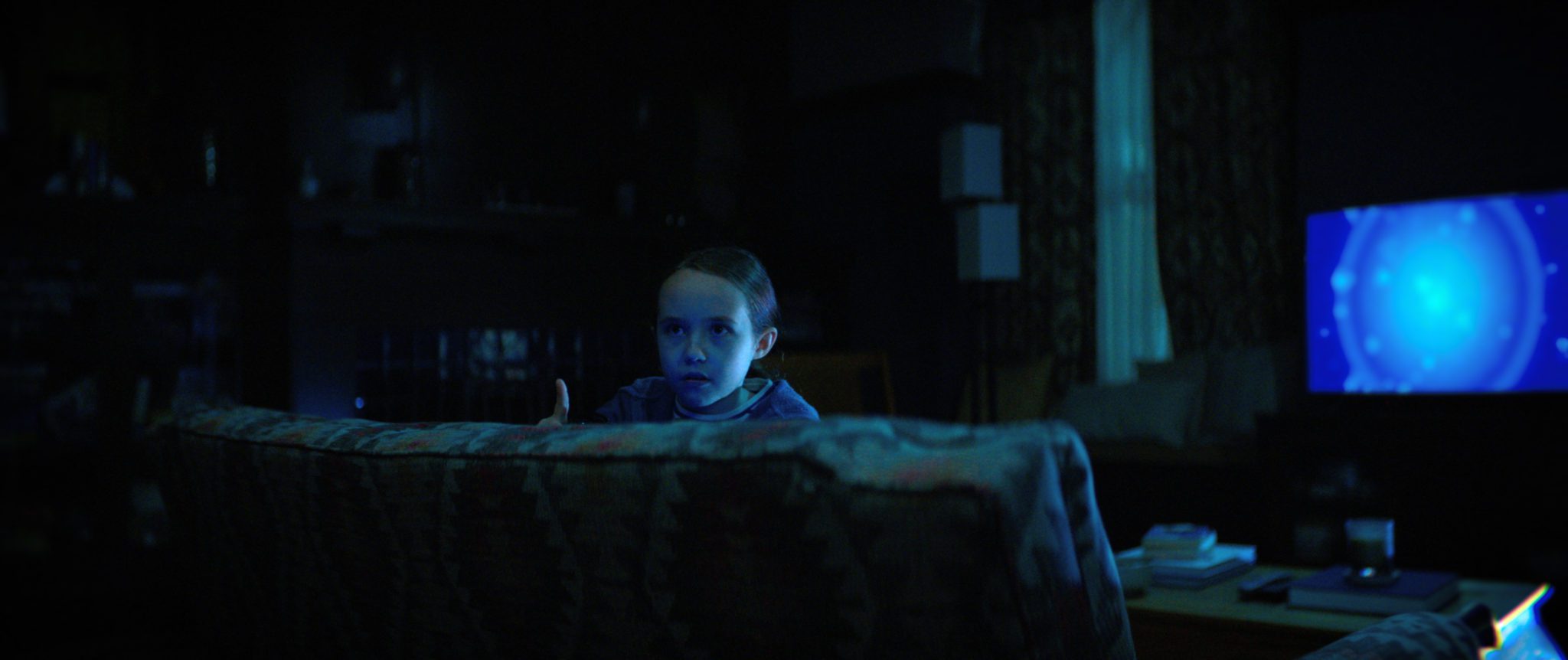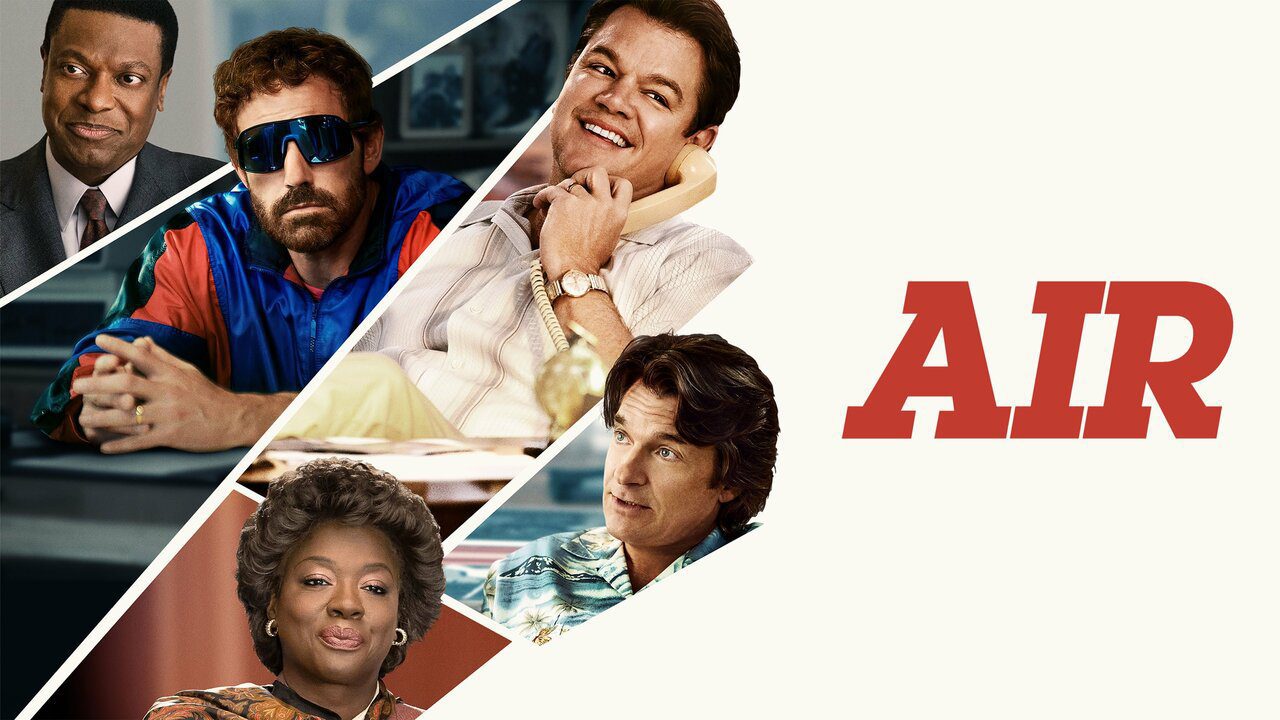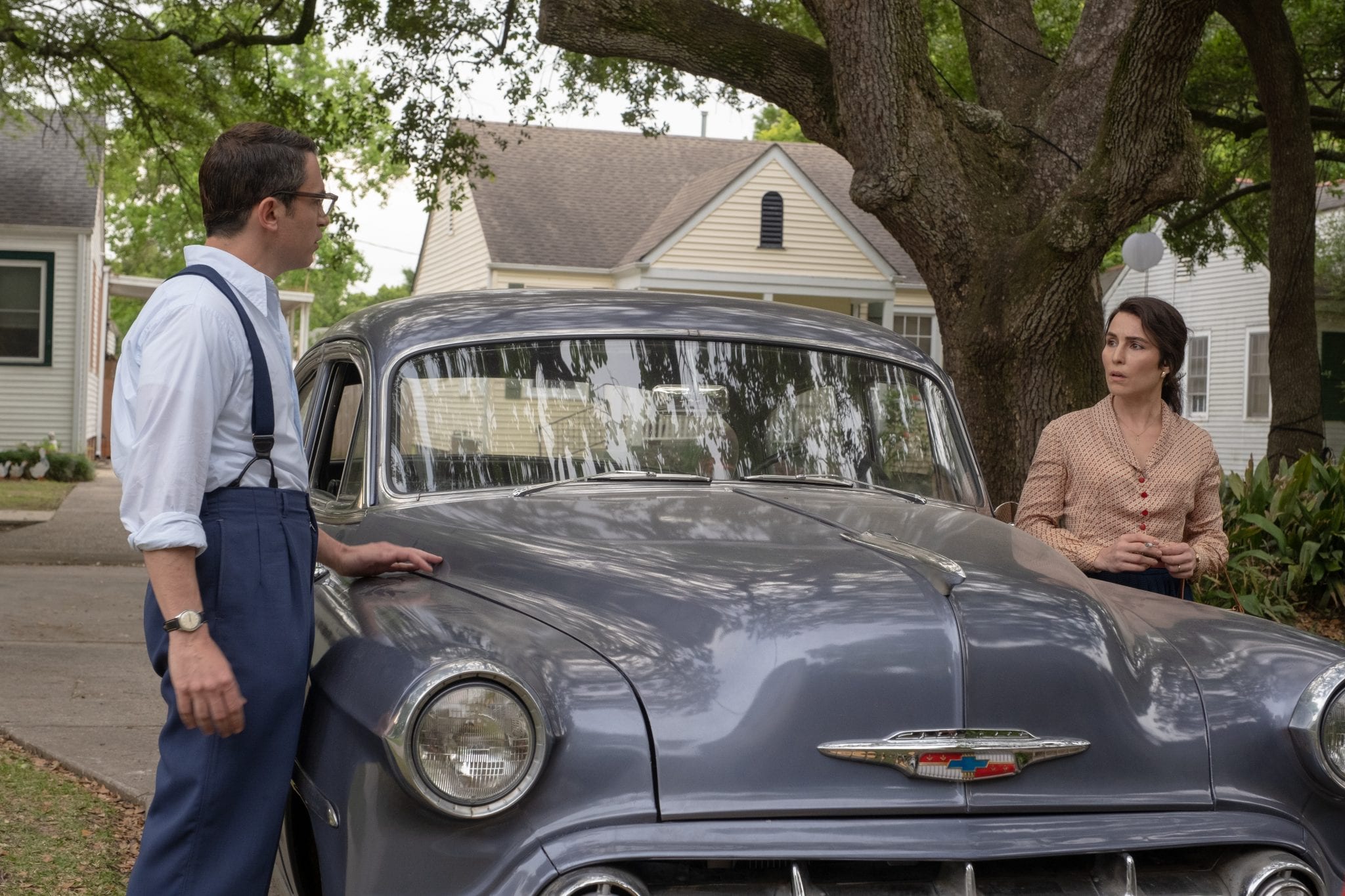
I.S.S.: Houston, We Have Real Problems
The most terrifying realities of home have the potential to follow you anywhere. Directed by Gabriella Copperthwaite, I.S.S. begins with the arrival of scientist Dr. Kira Foster (Ariana DeBose) upon the International Space Station. Carrying a crew of Russian and American astronauts, the team is working together to help push the boundaries of science by putting aside…






